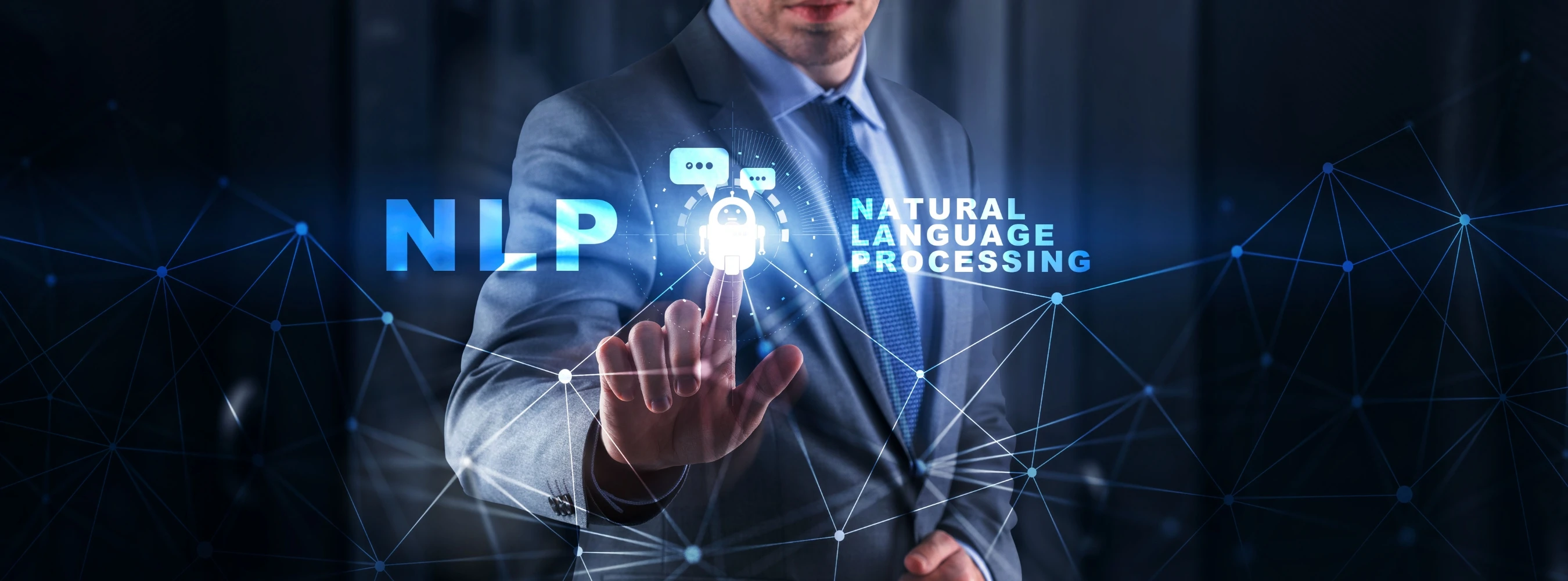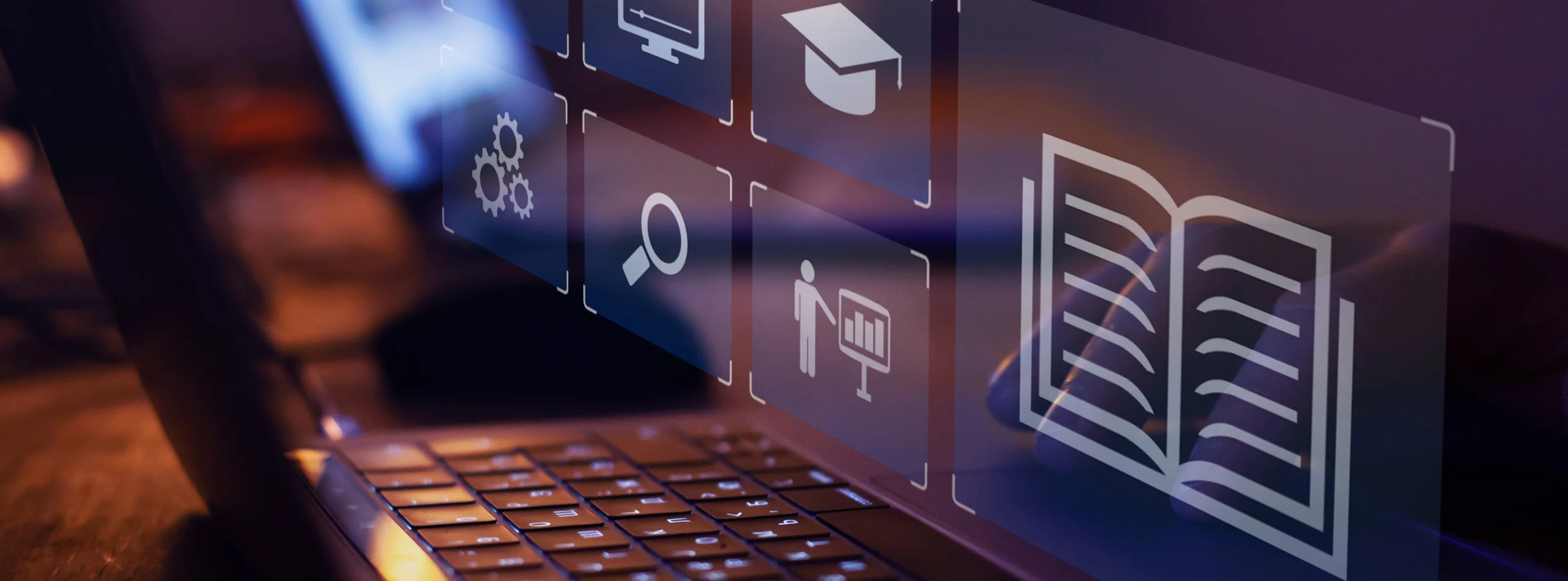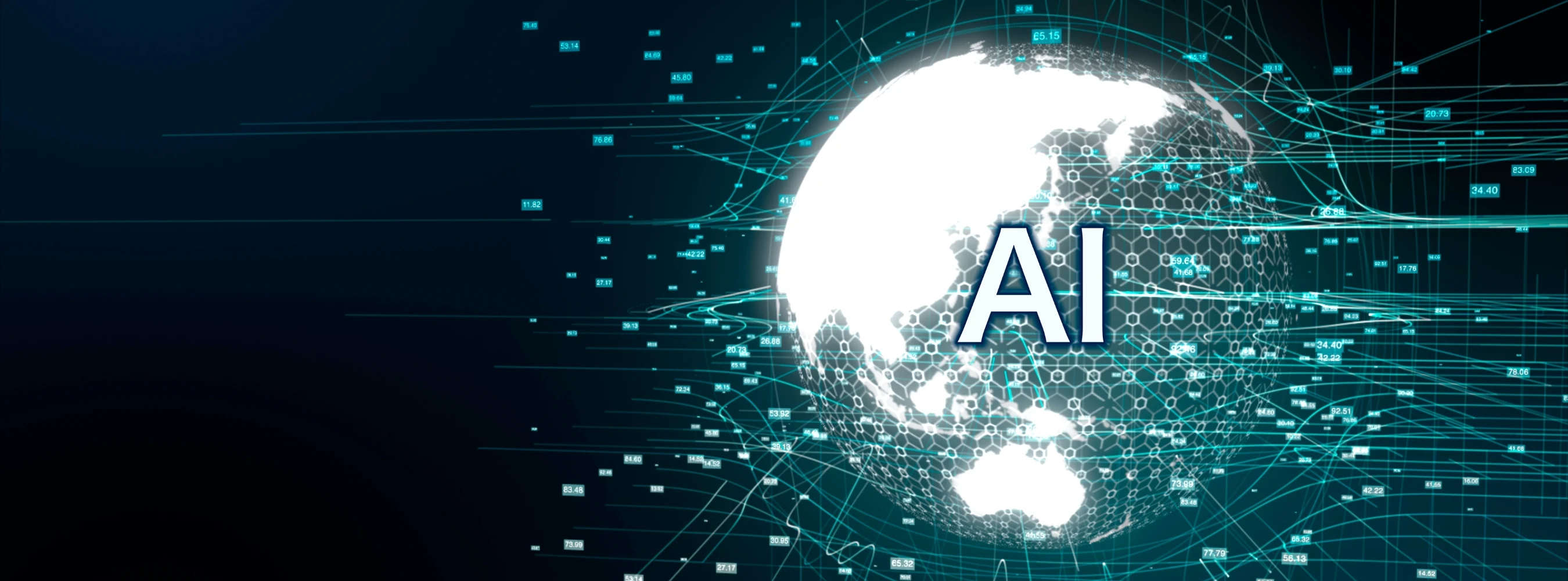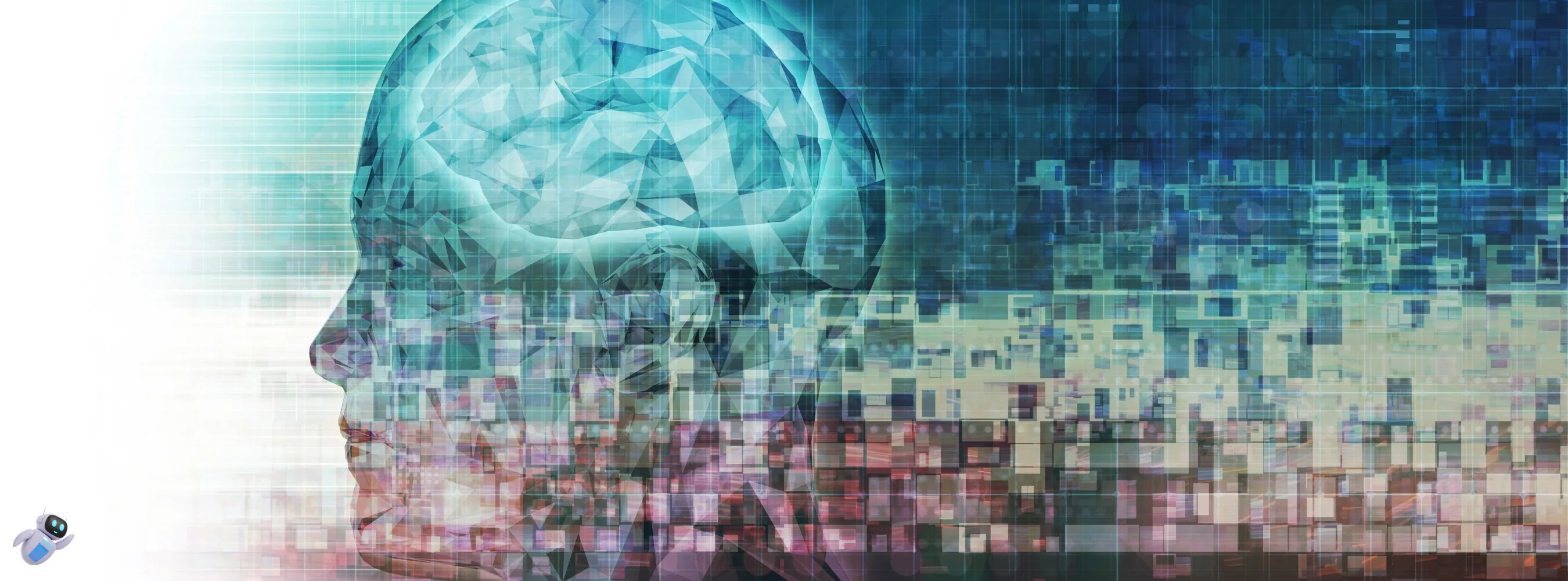India, with its vast linguistic diversity, presents a unique challenge and opportunity for the development of Artificial Intelligence (AI) and Natural Language Processing (NLP). As AI-powered solutions become more sophisticated, they are revolutionizing the way people communicate, access information, and conduct business. The future of AI and NLP in India is poised for rapid growth, with advancements in speech recognition, machine translation, and automated content generation playing a crucial role in breaking language barriers.
The rise of NLP has significantly enhanced multilingual communication in India. AI-driven voice assistants such as Google Assistant, Amazon Alexa, and Apple Siri are now equipped with the ability to understand and respond in multiple Indian languages. This allows for a more seamless user experience, especially in regions where English proficiency is limited. Additionally, AI-powered customer service bots and virtual assistants are helping businesses provide localized support in native languages, improving customer engagement across diverse linguistic demographics.
One of the most promising applications of AI and NLP in India is in education. Digital learning platforms now offer multilingual content, allowing students to learn in their mother tongue. AI-driven translation tools and speech recognition software are making educational resources more accessible, ensuring that language is no longer a barrier to learning. Government initiatives like Bhashini aim to leverage AI to develop robust language translation models, ensuring wider accessibility to digital resources for all Indian citizens.
The business sector is also experiencing a shift with AI-powered language processing tools. E-commerce platforms, banking institutions, and customer service centers are leveraging NLP to provide multilingual support, ensuring that users can interact in their preferred language. Machine translation and AI-driven content localization are allowing companies to expand their reach into rural and semi-urban markets, fostering greater inclusivity in the digital economy.






